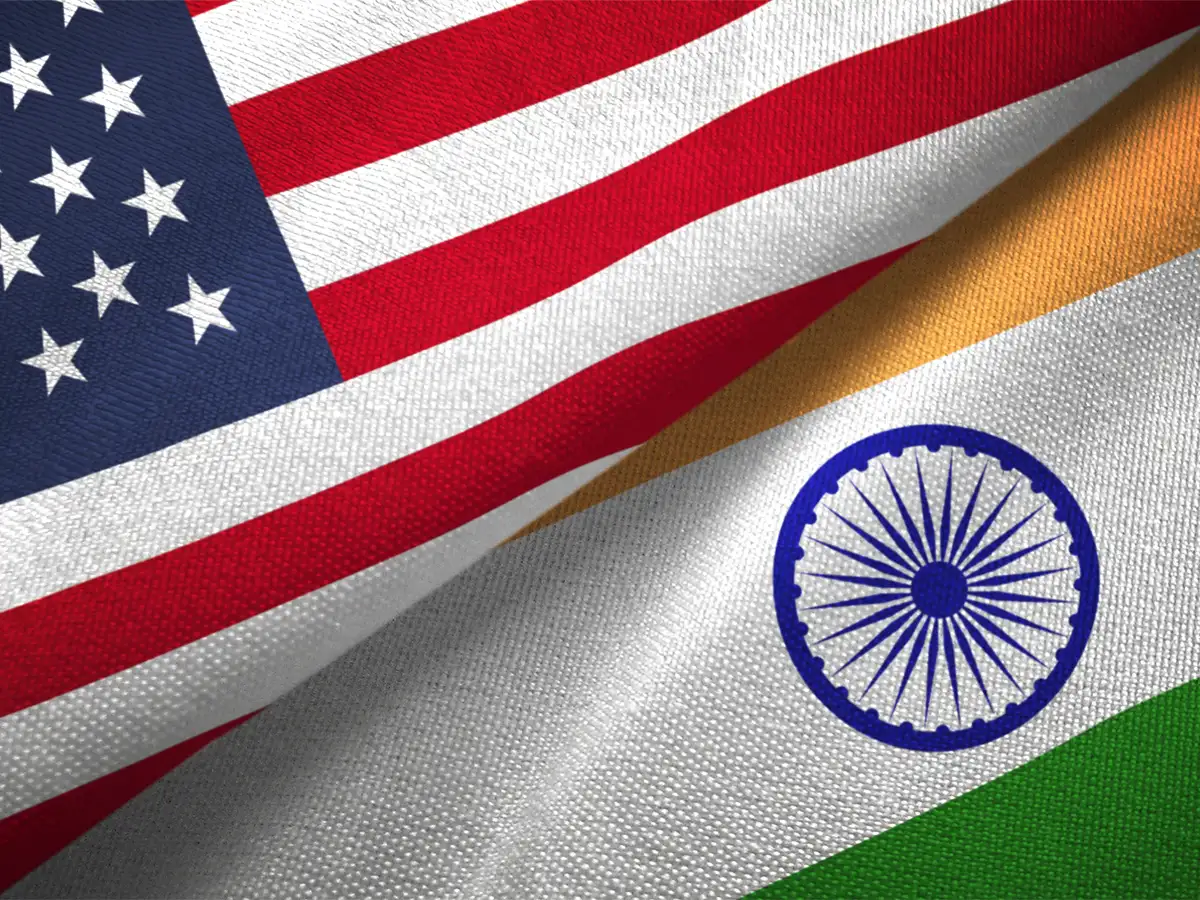Rising Tariffs and Their Economic Impact
The recent increase in US tariffs on Indian imports has intensified tensions between two of the world’s largest economies. With tariffs raised to 50% on certain goods, American businesses and consumers are beginning to feel the pressure. These levies cover a wide range of products, from industrial metals to consumer goods, creating uncertainty for manufacturers and supply chains. For Indian exporters, the sharp rise in duties represents a challenge to competitiveness in one of their largest foreign markets. According to World Trade Organization data, tariffs of this scale can significantly disrupt established trade flows and increase long-term costs. While some industries may adapt by seeking alternative markets, others risk contraction due to shrinking demand.
Key Sectors at Risk from Higher Duties
Among the most vulnerable industries are pharmaceuticals, technology components, and textiles, which represent a large portion of India’s exports to the United States. American consumers are likely to see higher prices in areas such as apparel and electronics, where India has long been a preferred supplier. On the other hand, US exporters of energy products, chemicals, and aerospace parts could face retaliatory measures from New Delhi. Companies that have invested heavily in Indian operations may also face regulatory hurdles if trade relations deteriorate further. US Trade Representative reports highlight that India is a critical partner for diversifying supply chains away from China, meaning escalating tariffs may undermine years of business strategy. This creates a complex environment where firms must balance immediate cost increases with long-term strategic goals.
The Future of US-India Economic Relations
The broader implications of rising tariffs extend beyond immediate trade disputes. Both nations rely on one another not only for goods but also for technology services and financial investments. American firms such as Google, Microsoft, and JPMorgan have established major offices in India, reflecting its importance as a global hub for innovation and outsourcing. If tariff battles persist, India could impose measures that make it more challenging for these companies to operate locally. Long-term economic cooperation could weaken, forcing businesses to rethink expansion plans. Global supply chains already under pressure from shifting trade policies may experience further instability. For businesses and investors seeking clarity, resources such as the International Monetary Fund and World Bank provide updated insights into international trade dynamics. Monitoring these developments is essential for predicting how future negotiations may reshape the balance of economic power between Washington and New Delhi.



